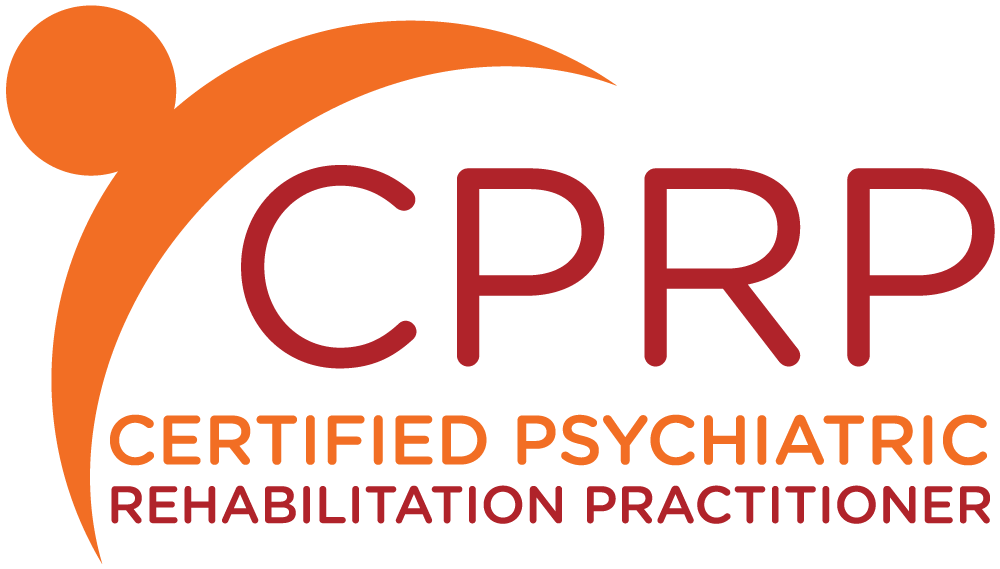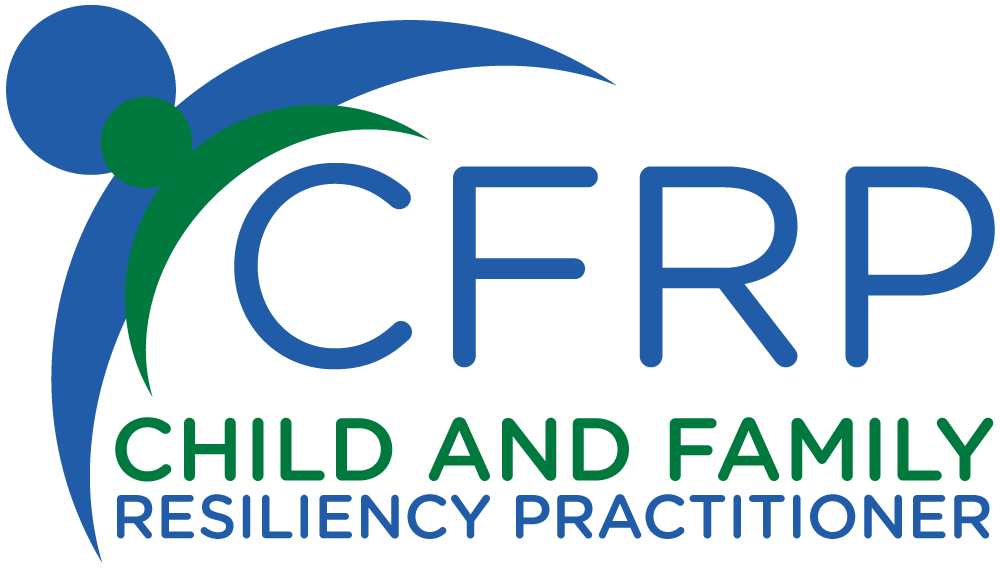Description
TAY System of Care leadership, agency and program heads, government planners, funders and youth advocates are encouraged to attend the first webinar in the series. Key components and competencies of effective TAY services will be described to enable leaders to better evaluate their own community’s strengths, as well as identify areas in need of further training and development. We will discuss survey results from a community/agency self-assessment.
Date Recorded: October 4, 2016
Learning Objectives
- Develop a guiding framework that can identify potential training and development needs.
- Assess your agencies/community's capacity to deliver key TAY services and supports.
- List several TAY Best Practices.
- Deploy approaches that are developmentally informed and Stage-of-Change specific to meet TAY where they are.
- Discuss current research findings and emerging trends pertaining to youth and young adults.
Level
- Intermediate
Course Completion Requirements
In order to complete this course, participants must view the presentation, successfully pass a post-test, and submit an online evaluation. Upon completion, CE Certificates will be available to print directly from the site.
Registration and Refund Policy
Please click below to register for the course. The cost of registration $35 for PRA members and $55 for nonmembers. If your employer is a PRA organizational member with access to reduced rates, you will see that price in the cart.
Your purchase is final. If you believe you are eligible for a rate you do not see in the cart, DO NOT complete your purchase; instead, please email info@psychrehabassociation.org for assistance.
Instructor(s)
Wayne Munchel, LCSW
Wayne Munchel has been involved with youth and young adult programs for the past 20 years. As an Independent Consultant, he is currently providing trainings and program development to TAY and Recovery model programs for adults with serious mental health conditions. He has worked extensively with Stars Behavioral Health Group as the Director of TAY (Transition Age Youth), and the Stars Training Academy in developing and training the Transition to Independence Process (TIP) model. Mr. Munchel has over 30 years of experience working in the mental health field and was one of the original staff of The Village, an innovative recovery model program serving adults with mental illness. Mr. Munchel recently developed the TAY FSP Tool Kit in collaboration with the California Institute of Mental Health. He received his Masters in Social Work from UCLA in 1986.
Mr. Munchel was the founder and Director of the Mental Health Associations’ Transition Age Youth (TAY) Academy from 2000 to 2009. The model program helps young adults (ages 18 to 25) with psychiatric disabilities obtain housing, employment and educational opportunities and learn independent living skills. The TAY Academy serves 100 young adults in the Long Beach community and was identified as a promising practice by the Department of Labor.


 The Academy of Psychiatric Rehabilitation and Recovery, provider #1975, is approved by the Psychiatric Rehabilitation Association (PRA) to provide continuing education to Certified Psychiatric Rehabilitation Practitioners (CPRPs) and CPRP candidates.
The Academy of Psychiatric Rehabilitation and Recovery, provider #1975, is approved by the Psychiatric Rehabilitation Association (PRA) to provide continuing education to Certified Psychiatric Rehabilitation Practitioners (CPRPs) and CPRP candidates.